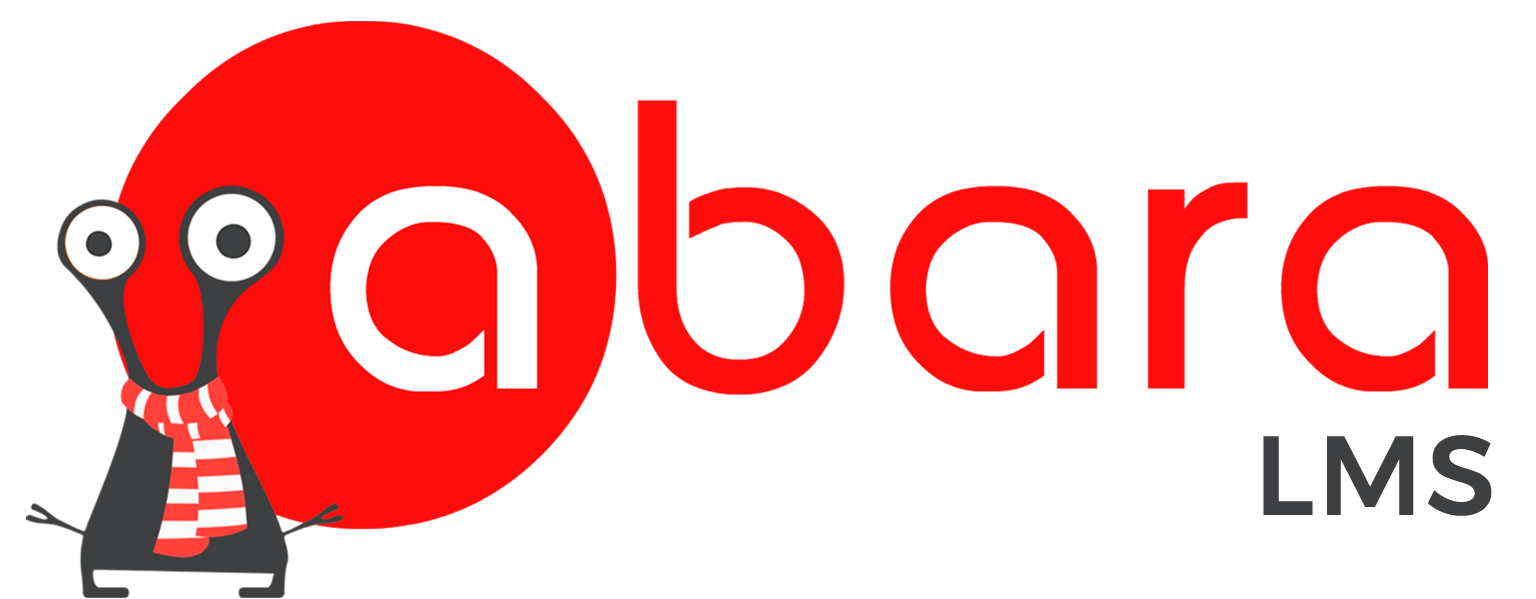2016 – 2017 was a period when industry members, learning officers, and anybody who considered themselves to be eLearning experts, or more specifically Learning Management System (LMS) experts, found themselves on either one of two sides—LMS affirmative and LMS negative.
People on the negative side argued about the relevance of an LMS in the coming periods of 2018-2020. But, the LMS market, which may touch $15.7 billion by 2021 as estimated in a report by Markets and Markets, had another story to narrate.
In this article, we take a look at the features which give the LMS a list of additional uses, based on which, the market for LMSes will not slow down any time soon.
Before getting into the uses that make the LMS more relevant than ever before, a feature which makes most of these uses a reality, must be given its due recognition. This feature is primarily the mobile-first feature.
2018 is the year of mobile technology, and as expected, the LMS has transitioned onto the mobile platform rather smoothly. The mobile-first approach to building powerful LMSes dates back to as early as 2013, when LMS vendors such as Abara LMS decided to design an LMS in a backwards manner, starting by creating an LMS for the mobile first, followed by a version for PCs. Today, true mobile-first LMSes come with a native application in both iOS and Android app stores, making these systems highly versatile when looking to train a team of mobile employees. The specifics to look for in a mobile-first LMS are:
- Good UI and simple UX
- Ability to function in an offline mode
- Ability to set up courses and assign learners via a tablet device (administrator’s functions)
The ability to use an LMS when traveling without worrying too much about consuming data bandwidth, or even using it in offline mode, makes the mobile-first technology 2018’s most appreciated and valued feature in an LMS.
The mobile-first feature has single-handedly given the modern LMS a fresh lease of life. These reasons transcend the age-old belief of an LMS being used for just compliance, onboarding, and attendance purposes. Today, the modern LMS with its mobile integrations is a powerful mobile-workforce training mechanism.
On this Page
Sales Enablement Platform
The Sales Enablement Platform (SEP) function turns the LMS into a highly versatile sales training platform. This is primarily with the help of the mobile-first technology. The modern LMS provides sales and mobile employee teams with unparalleled access to training modules and information on the go. Once again, the use of an LMS as a sales enablement platform has more to do with providing sales representatives with a wealth of information, followed by the actual training itself. To the eLearning community, it is very evident by now that the LMS can be used for many functions barring just everyday training. It is only after using the system for an extended period that an organization can identify an additional use for the LMS—something people may not have thought about before.
Knowledge Reinforcement Tool
The use of an LMS as a Knowledge Reinforcement Tool (KRT) has a lot to do with departments such as sales, customer service, operations, manufacturing, and distribution using the system as knowledge dispensers. The ability to host information in the form of documents, videos, simulated explainer modules, and audio files act as a repository of ready-to-access information for such teams and their members. When combined with the feature of social learning (a feature which allows employees to share learning content), the system probably becomes one of the most advanced KRT applications available. In the coming years, you can expect to see the LMS taking on even more versatile roles.
Extended Enterprise Training
In the 21st century, extended enterprise members are probably the most important external stakeholders that an organization has. From sourcing raw materials to marketing finished products and distributing them, channel partners are responsible for all the major external activities that are responsible for driving business. This is the reason why training them on compliance, safety, good practices, and aligning their goals with that of the organization is very important. A study by Expertus found that 36% of the business professionals responsible for organization-wide training are actively training immediate third-party partners as well. This doesn’t come as a surprise since in today’s times, the need for every channel partner who falls along a specific product or service’s supply chain to be well trained is crucial. Channel partners themselves expect a level of training when working with large organizations because it sets expectations and deliverables straight and reduces the chances of making any mistakes when working with each other.
The LMS market is all set to push the boundaries of learning and development right through 2021 and beyond. As organizations identify further uses for the LMS apart from everyday training, the importance of including this technologically-advanced platform into an organization’s day-to-day functioning will become increasingly evident.
Managerial and Leadership Identification
An interesting trend identified by eLearning industry experts showed the various use-cases organizations stated for licensing an LMS, and these use-cases included reasons beyond plain training. One such trending use of the modern LMS is as a tool to identify managerial and leadership talent. The ability to store employees’ historical data on their skills learnt, performance in group activities, contribution towards social learning activities combined with the ability to train individuals on leadership development skills, makes the LMS a powerful tool to identify and nurture potential leaders. A report by Gallup stated that 80% of the employees promoted to leadership positions are promoted wrongly. This is where the features of an LMS that helps in training and nurturing current and future managers is most important. Leaders are now identified based on historical data + Meyers Briggs Type Indicator (MBTI) tests, which are personality tests to identify competent employees, providing managerial bodies with enough information to choose the right leader.
At Abara LMS, we believe in pushing the uses an LMS has within the organization. From a KRT to a sales enablement tool, we try our best to provide organizations with technologically sound and advanced learning platforms.
Reach out to us at contact@abaralms.com to discuss the implementation of an LMS in your organization and understand how the LMS is suitable for more than just everyday training. Also, click herem to sign up for a 30-day free trial and experience Abara LMS for yourself! Our team of experts are here to assist you.


